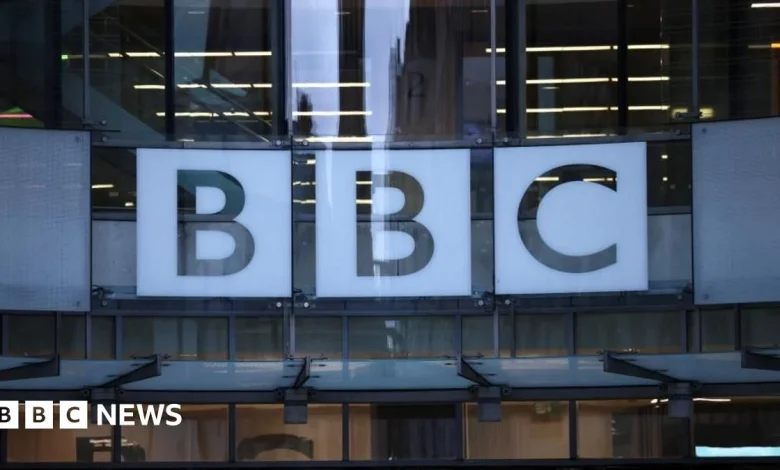Trump vs the BBC: What hurdles might the president’s legal argument face?

Burt Neuborne, a professor emeritus at New York University School of Law, said Trump had a case against the BBC because the edits of Trump’s remarks were misleading. He said the error did not amount to “innocent splicing”.
“The actual malice here is the knowing dissemination of something that was purported to be verbatim, but which is not,” said Mr Neuborne, the former national legal director of the American Civil Liberties Union. Whether a jury would actually award Trump significant damages for such a mistake is less likely, he added.
The statute of limitations – or a deadline to file a lawsuit – on defamation in the UK is one year, which has already elapsed for Trump because the documentary aired in October 2024.
Florida, on the other hand – where Trump has signalled an intention to bring any eventual litigation – has a two-year limit.
While Florida law gives him more time, bringing a defamation case in the United States will mean Trump faces a tougher legal standard.
If Trump sues in Florida, he would also need to establish the BBC Panorama documentary was available there. There is no evidence so far to suggest that it has been shown in the US.
A court’s determination on whether it has jurisdiction over the case could hinge on if any people in Florida saw the documentary and felt deceived by it, legal experts said.
The BBC’s best chance to dismiss any future legal case would be to argue that the state is not the appropriate jurisdiction because there wasn’t a “sufficient exposure of the information in Florida”, Mr Neuborne said.
Trump’s letter to the BBC concludes that if the BBC does not comply with their demands by 14 November, “President Trump will be left with no alternative but to enforce his legal and equitable rights, all of which are expressly reserved and are not waived, including by filing legal action for no less than $1,000,000,000 (One Billion Dollars) in damages.”
But to be awarded a billion dollars in a defamation lawsuit in Florida, a plaintiff like the president would have to prove he actually suffered that much in losses, said Prof Lyrissa Lidskey of the University of Florida Levin College of Law.
“Given that he won the presidency after this and has continued to make money in his businesses, it seems implausible that he’s going to be able to prove a billion dollars worth of damages,” she said.





